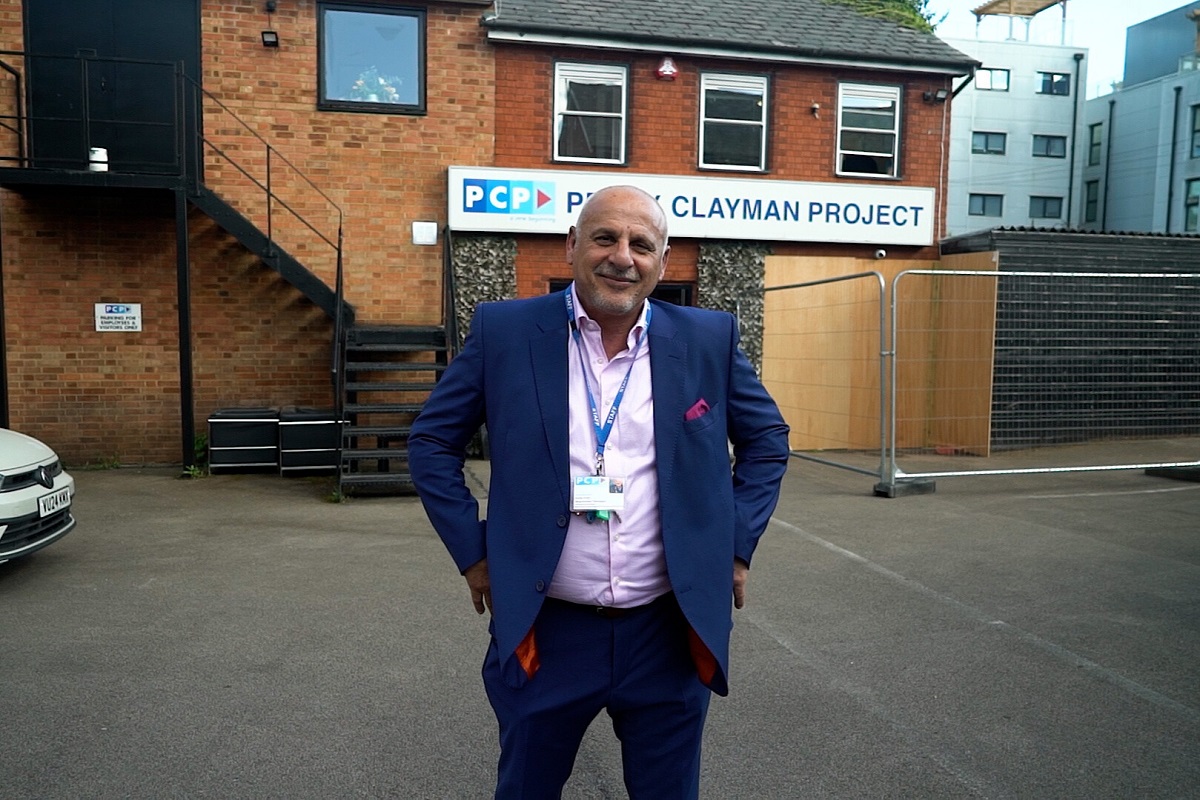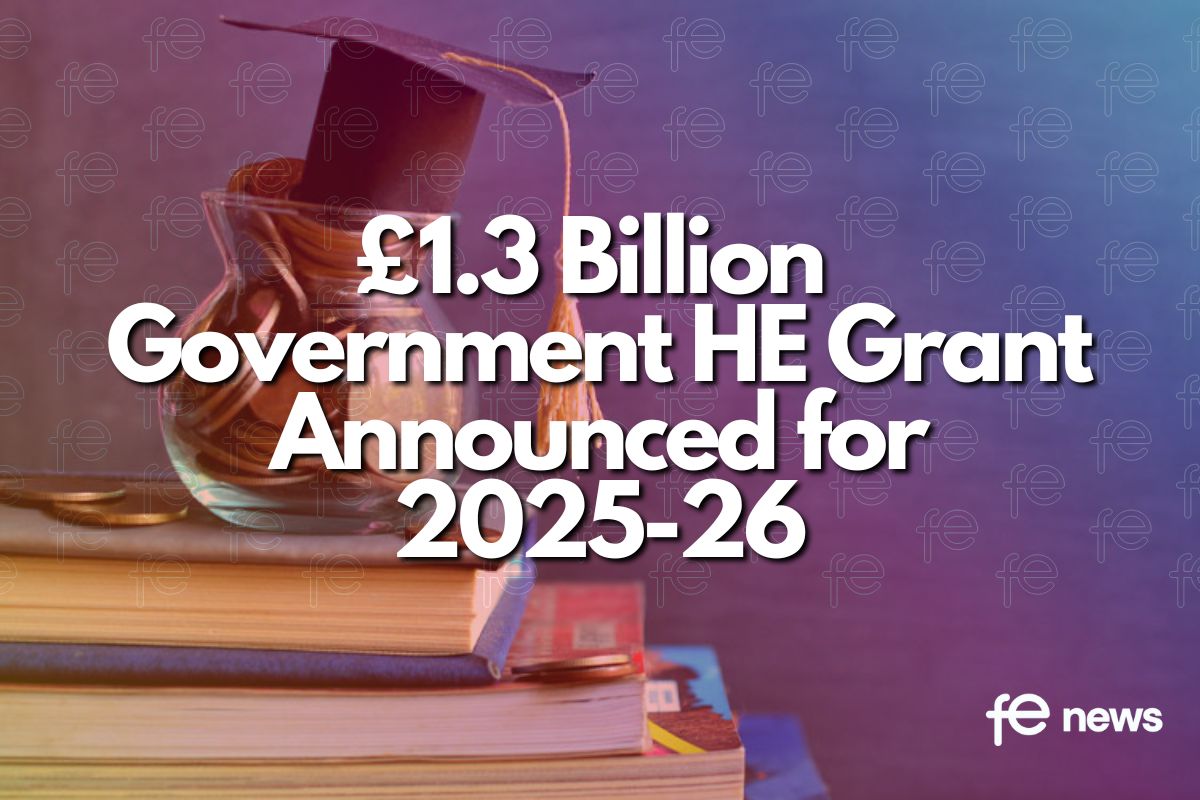The future of plumbing apprenticeships

2020 is set to be the year of significant change for the plumbing industry. With the surge of smart products and home systems, plumbers are installing, maintaining and repairing new devices that didn’t exist many years ago. These changes are keeping skilled workers in jobs and creating more opportunities for up and coming generations.
With new industry developments, comes fresh openings for trainees and apprentices keen to start their plumbing careers, but what does the future of plumbing look like for today’s recruits?
Green thinking and technology
Many aspects of the plumbing industry are becoming more environmentally conscious. It’s projected regulations focused on lowering emissions will mean plumbers will be tasked with converting older systems into more energy-efficient ones.
This will have a huge impact on apprenticeships as new generations will have to quickly learn traditional plumbing as well as the skills and methods needed to install innovative technologies like smart pipes and trenchless plumbing to combat water wastage.
Companies are racing to adopt AI technology, with research showing it could boost business productivity and cut costs. What this means for the labour market remains to be seen, but experts are saying the plumbing industry need not fear, as it’s one of the industries predicted to be least hit by robotics due to complexities of the job.
Plumbing’s new, faster-paced environment means apprentices need to be knowledgeable about the latest technologies, not only knowing how they work, but also how they should be installed and repaired.
With these additional requirements, a transition period for restructuring the plumbing curriculum could be on its way. Apprenticeships will have to adapt courses as digital shifts continue to become commonplace and the expectations of recruits will be higher than ever before.
Readdressing the government levy
Under the current apprenticeship levy, every employer with a pay bill of £3 million or more must pay a 0.5 percent tax on their payroll. The money can be reclaimed through government vouchers and spent on apprenticeships.
However, the CIPD has called for a more flexible system, involving all employers with more than 50 staff, which is less rigid about the types of training it focuses on. The premise being if the UK has more employers contributing, it could make up the shortfall and enhance regional investment in skills at the same time.
If changes are made, 2020 could be the year we see a new wave of small plumbing firms take advantage of government investment to provide apprenticeship training.
The rise of degree apprenticeships
2015 saw the introduction of degree apprenticeships. Boasting the dual appeal of valuable work experience and a degree qualification, it’s becoming a popular choice.
Uptake for degree apprenticeships has more than trebled with institutions like the University of Brighton reporting jumps of 33 spaces to well over 200.
As the popularity of degree apprenticeships rises, so do the available options for the plumbing industry. Originally, plumbing and heating apprenticeships came in the form of an NVQ at levels 2 and 3. However, options to take level 6, degree-level apprenticeships have been increasing in uptake, showing there is an interest and need for more advanced training.
If uptake continues to increase, we should see more potential plumbing candidates taking degree apprenticeships as the “earn and learn” philosophy grows.
Izzy Schulman, Director, Plumbers4U











Responses